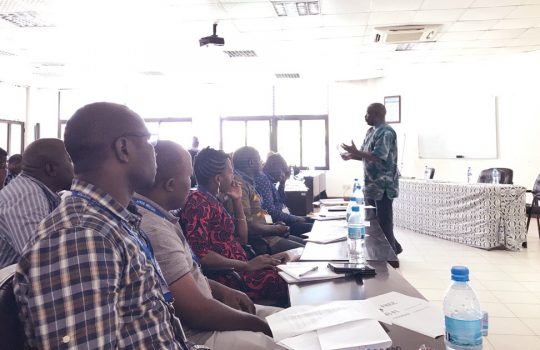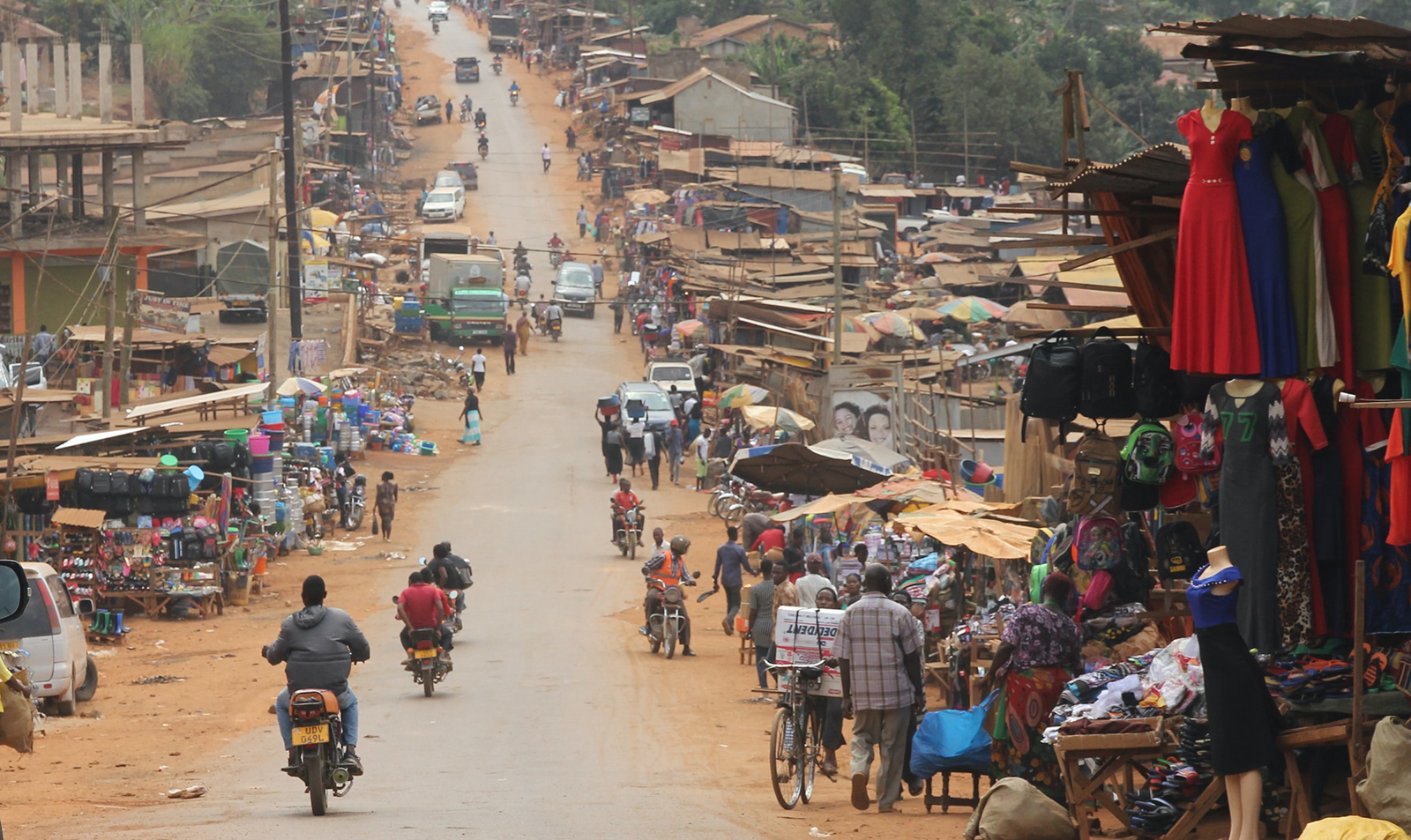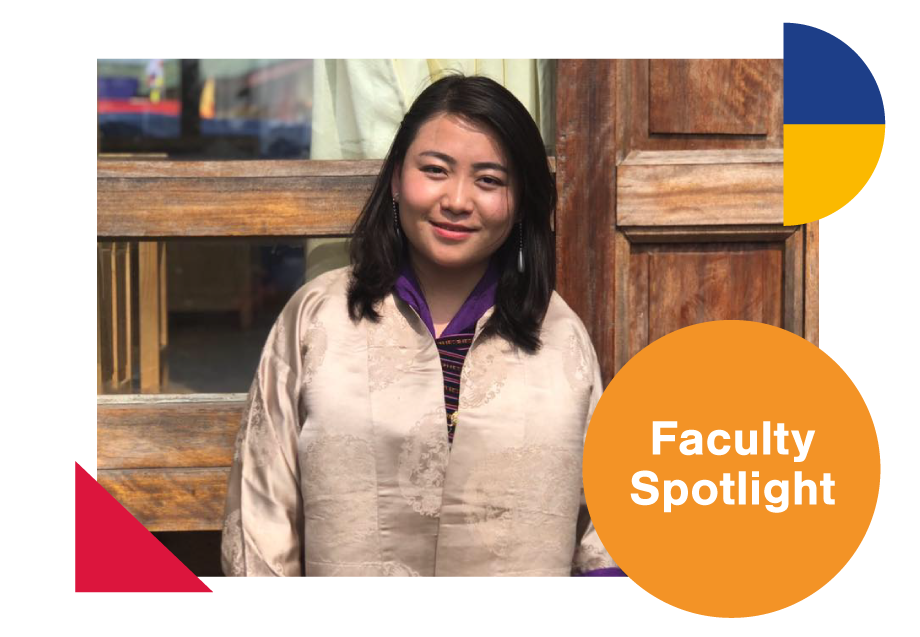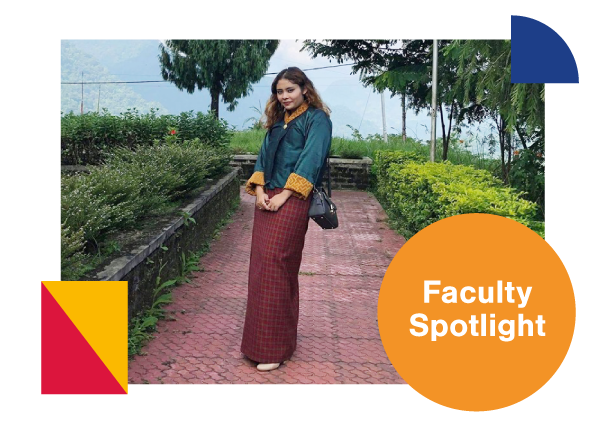Verneri Virsunen, a student from Aalto’s School of Business, embarked on his thesis journey last year. Despite not knowing how the work was going to turn out, or which form it would take, he was convinced of one thing; he wanted to draw attention to an often overlooked topic in his field: development cooperation dynamics in Africa. We had a conversation with Verneri to look back at his journey and his now finished MSc thesis “ There is no one jacket which can fit all –Managing institutional challenges in higher education development cooperation projects in East Africa ”.
The inspiration came from the classroom. The Sustainable Entrepreneurship course, led by Assistant Professor Patrick Shulist, felt like a refreshing academic experience to Verneri, who found himself personally engaged in the readings and lectures on African entrepreneurship, business dynamics and the local innovation ecosystem. His first ideas began to take shape after learning about the means to create an impact in the African socio-economic context and to contribute to development goals through sustainable business practices.
For his thesis process, Verneri had the opportunity to travel to East Africa to conduct his empirical research and to “study the institutional challenges inherent to Higher Education Development Cooperation (HEDC) projects between Finnish and East African Higher Education Institutions (HEIs), and the management practices for overcoming these challenges”; (Virsunen, 2020). In particular, he studied four different university projects: PBL East Africa and EARLI (led by Aalto University), SHUREA (led by Åbo Akademi), and Geo-ICT (led by University of Turku). The projects involved several African HEIs across Tanzania, Ethiopia, Mozambique, Uganda and Kenya.
The fieldwork was planned taking into consideration the scarce available information on how institutional differences can turn into difficulties. Verneri observed first-hand how the written management theory, often Western-based, fell short of describing what happens in the everyday East African context.
“Those theories are very business-oriented and development cooperation isn’t necessarily a business”.
As context-relevant management practices are scarcely available, higher education institutions involved in cross-cultural and international projects are often left to self-organize and manage the challenges on an ad hoc basis. To shed light on the problem, Virsunen brings up the notion of “institutional distance”, highlighting that the more extensive the difference is between facets of institutional environments, the wider the gap, and the higher the chances of experiencing fragile partnership dynamics.

Dr. Tonny Omwansa spoke at a teacher training event hosted by the University of dar es Salaam in October 2019
In conversation with Aalto Global Impact and in his thesis, Virsunen underscores his findings on the paramount importance of in-depth communication between project stakeholders and the need for adaptability in the project implementation process. Drawing from insights of several HEI ICI partnerships he recognizes an open atmosphere and responsiveness to be key to fruitful engagements between institutions. Showing concrete examples of how to bring down hierarchical boundaries, build space to understand unexpected reactions and be aware that not everything can be accounted for in advance are only some of the steps recognised to overcome cultural unknowns and achieve a more efficient institutional relationship.
“Overall, it was an eye-opening experience, and I am very grateful for it. That has to be the highlight of the whole thesis, to get to meet different people, discuss with them and see different ways of working.”
In his recommendations regarding solutions for different institutional scenarios, Verneri points out the important role of the project managers and facilitators and of the Higher Education Institutions Institutional Cooperation Instrument (HEI ICI) of the Finnish Ministry for Foreign Affairs and operated by EDUFI, through which the studied projects were funded. The HEI ICI programme provides guidance to partners, assists in operational matters, reviews results and can support projects in conflict-solving and prevention. According to Verneri, the experience gained from ongoing projects provides an opportunity to distil lessons learned and the HEI ICI programme’s role as a mediator of uncertain or unforeseen scenarios could even be expanded, exploring the recurrent impacts of cultural differences in the higher education sector’s international capacity-building projects. Based on such a review, trainings, tailor-made solutions or even common universal practices could be adopted by partner universities. Taking a brief look into the future, Verneri sees a clear need for more research on the topic and hopes his thesis could act as a foundation for more detailed studies on institutional distance, cooperation and adaptation between European and East African partners, and cross-cultural institutional collaboration more widely. Moreover, he highlights the importance of making this very process collaborative from the start, as his research clearly pointed out that there are two sides to each story, and future literature and studies would highly benefit from capturing multiple perspectives.
“It would be interesting to extend the boundaries of thesis work to actually have a thesis made on these topics with one person from Aalto University and another person from a partner university in Africa so that it would cover both sides of this issue. It would be a much more holistic perspective.”
This post was written by AGI




